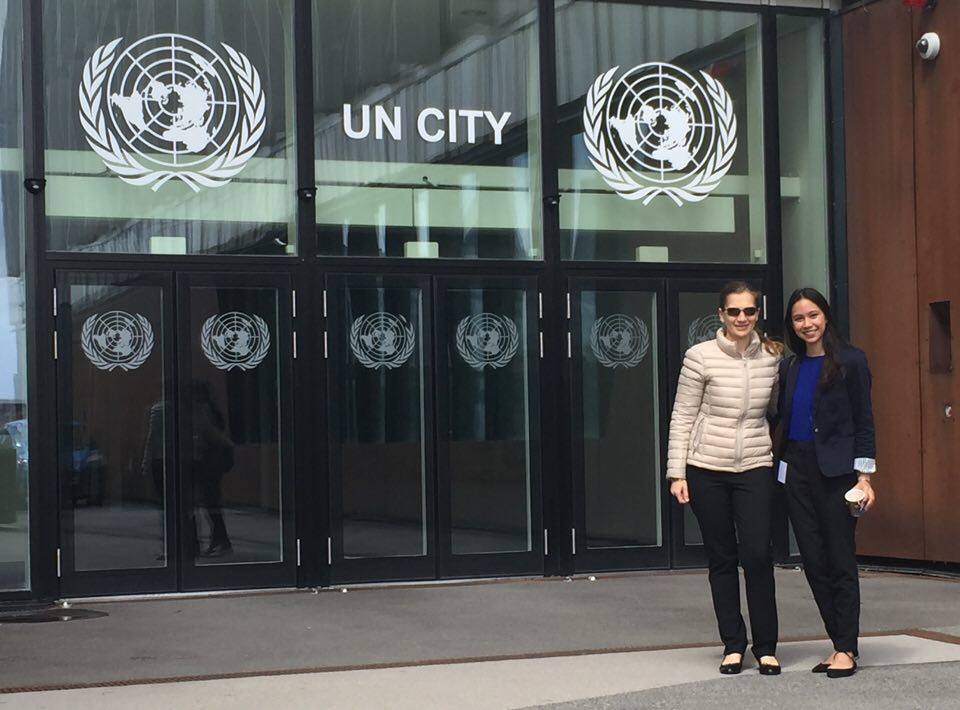As part of my SIRF project this summer, I attended the 9th Health and Humanitarian Logistics Conference held in the UN Campus in Copenhagen, Denmark. The research project I was part of was presented during a workshop on demand estimation. The conference was a great opportunity for me to meet with people who are extremely passionate in this field and who work closely in the distribution of humanitarian relief.
I learned about the concept of localization and how critical it is when dealing with local communities. In parts of Africa for example, a lot of the burial rites involved contact with the body of the deceased and this was one reason why it was difficult to control the Ebola outbreak from spreading. Another example was brought up during the tour of the UNICEF Warehouse. A worker mentioned that they had to recall all the boxes that had a stuffed toy pig as a pig is considered holy in some cultures. The consideration for local beliefs and other cultural implications make it easier for organizations to provide support and goods that will be well received by targeted communities.
Although the conference was not specific to any humanitarian disaster or health issue, The Ebola Crisis in 2009 was widely discussed and brought up throughout the week. The Ebola crisis, I learned, was a very touchy subject for all the humanitarian organizations present in the conference as it was an event that demonstrated how unprepared the world was for a large-scale health outbreak. There were a lot of different representatives from high ranking health officials to local health workers who provided their perspectives during the discussions and it was eye-opening to understand how different stakeholders must work together to overcome different challenges. For some of us who were not involved in the operations of the Ebola crisis, we could tour the tent set up outside the venue that mimicked the insides of the health center tents that were put up around different problem areas. The health center tent tour and the discussions and panel allowed me to really understand the gravity of a health-related outbreak and the importance of having conferences like this which provide an avenue for people to learn from one another and discuss how future preventative methods can be put in place.

